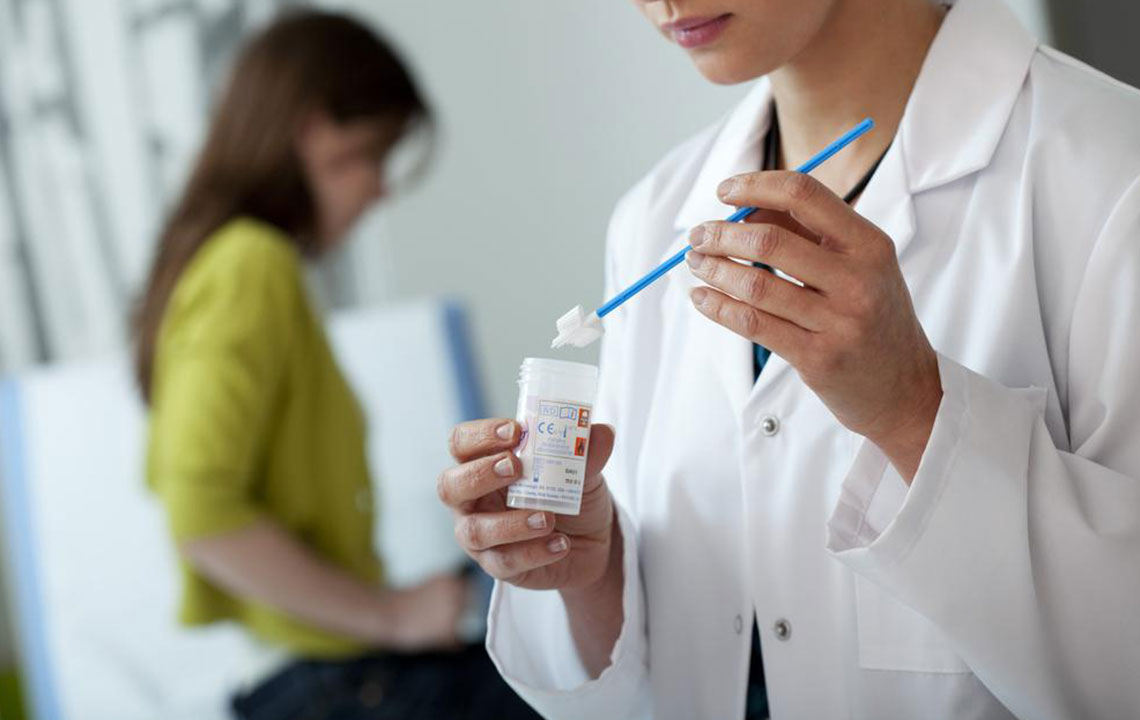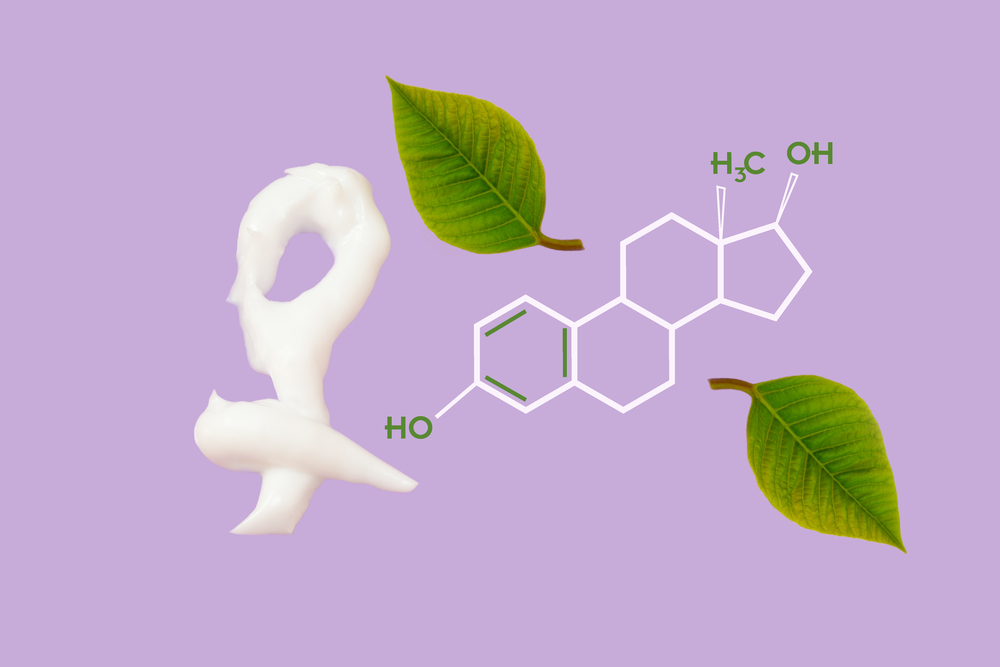Effective Methods to Manage Vaginal Dryness
Explore effective methods for treating vaginal dryness, including lubricants, dietary suggestions, and medical therapies. Understand how these options can relieve discomfort and improve vaginal health during menopause. Consulting with healthcare providers ensures personalized treatment for lasting relief and overall well-being.
Sponsored

Common Strategies for Alleviating Vaginal Dryness
Estrogen plays a crucial role in supporting female reproductive health and regulating menstrual cycles. During menopause, reduced estrogen production by the ovaries leads to changes such as thinning, less elasticity, and dryness of the vaginal tissues. This condition, known as vaginal atrophy, causes discomfort and irritation. Let’s explore various treatment options for vaginal dryness and how they help address these symptoms effectively.
Lubricants and Moisturizers
These products, available as gels or liquids, are applied directly to the vaginal area or partner’s penis during intercourse to reduce discomfort. They are easily accessible over-the-counter and help provide immediate relief from irritation and pain.
Lubricants come in various formulations:
Oil-based: Petroleum jelly, baby oils, mineral oils
Water-based: K-Y Jelly, FemGlide, Summer’s Eve
Silicone-based: Durex, Pink, Pure Pleasure
Natural options: Coconut oil, aloe vera, jojoba oil
For persistent dryness, vaginal moisturizers, which last longer and can be reapplied regularly, are an alternative. Brands include Replens, Moist Again, and K-Y Liquibeads. Avoid oil-based lubricants if using latex condoms, as they can cause breakage.Diet can influence vaginal health. Incorporating phytoestrogen-rich foods like soy products, flaxseeds, oats, and miso can alleviate dryness by mimicking estrogen effects. Supplements such as Vitamin D, E, A, B12, and probiotics help maintain vaginal tissue integrity, combat irritation, and support hormonal balance. These options support overall vaginal well-being without the need for medication.
Medical treatments like estrogen therapy involve vaginal creams, tablets, or rings prescribed by healthcare providers. These help restore tissue elasticity and provide a long-term solution beyond temporary relief. Hormone replacement therapy, delivered via gels, patches, or tablets, addresses broader menopausal symptoms but requires caution due to potential side effects. Regular check-ups with your healthcare professional are advised to manage symptoms effectively and ensure overall health during menopause.






